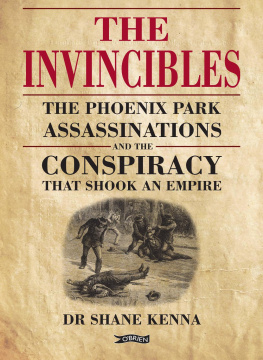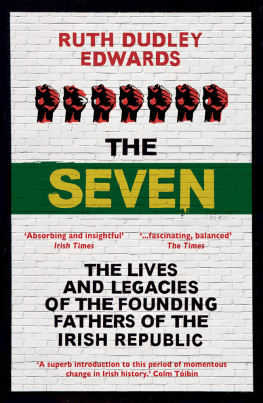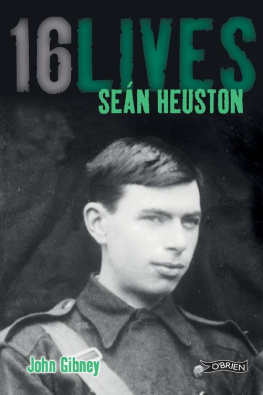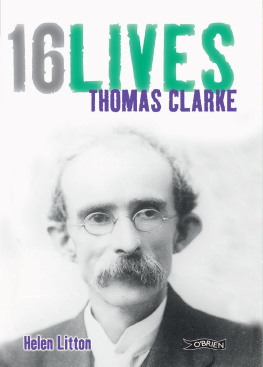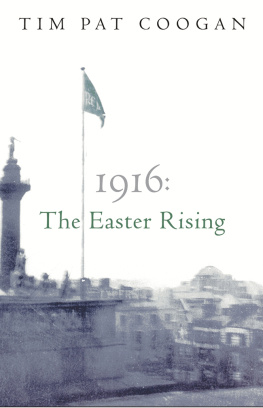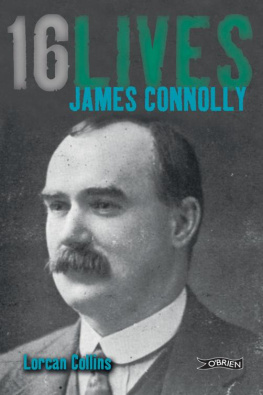Shane Kenna - Thomas MacDonagh: 16Lives
Here you can read online Shane Kenna - Thomas MacDonagh: 16Lives full text of the book (entire story) in english for free. Download pdf and epub, get meaning, cover and reviews about this ebook. year: 2014, publisher: The OBrien Press, genre: Detective and thriller. Description of the work, (preface) as well as reviews are available. Best literature library LitArk.com created for fans of good reading and offers a wide selection of genres:
Romance novel
Science fiction
Adventure
Detective
Science
History
Home and family
Prose
Art
Politics
Computer
Non-fiction
Religion
Business
Children
Humor
Choose a favorite category and find really read worthwhile books. Enjoy immersion in the world of imagination, feel the emotions of the characters or learn something new for yourself, make an fascinating discovery.

- Book:Thomas MacDonagh: 16Lives
- Author:
- Publisher:The OBrien Press
- Genre:
- Year:2014
- Rating:5 / 5
- Favourites:Add to favourites
- Your mark:
Thomas MacDonagh: 16Lives: summary, description and annotation
We offer to read an annotation, description, summary or preface (depends on what the author of the book "Thomas MacDonagh: 16Lives" wrote himself). If you haven't found the necessary information about the book — write in the comments, we will try to find it.
Born in Cloughjordan in Co. Tipperary, MacDonagh was a poet and playwright, an educator and political activist. Appointed to the IRB Military Council he became a member of the Provisional Government of the Irish Republic and was a signatory of the 1916 Easter proclamation. During the Rising MacDonagh was commandant of the 2nd Battalion of the Dublin Brigade of the Irish Volunteers and occupied the Jacobs Biscuit factory garrison. Following an inspiring speech at his Court Marshal he was executed on 3 May 1916 at Kilmainham Gaol, Dublin.
In this meticulously researched biography Shane Kenna places this remarkable man within the great pantheon of Irish Republican heroes. He provides a riveting reconstruction of the life of a man whose death played such a key part in the shaping of modern Ireland.
an epic new series of books - RTE Guide on 16Lives
Shane Kenna: author's other books
Who wrote Thomas MacDonagh: 16Lives? Find out the surname, the name of the author of the book and a list of all author's works by series.

